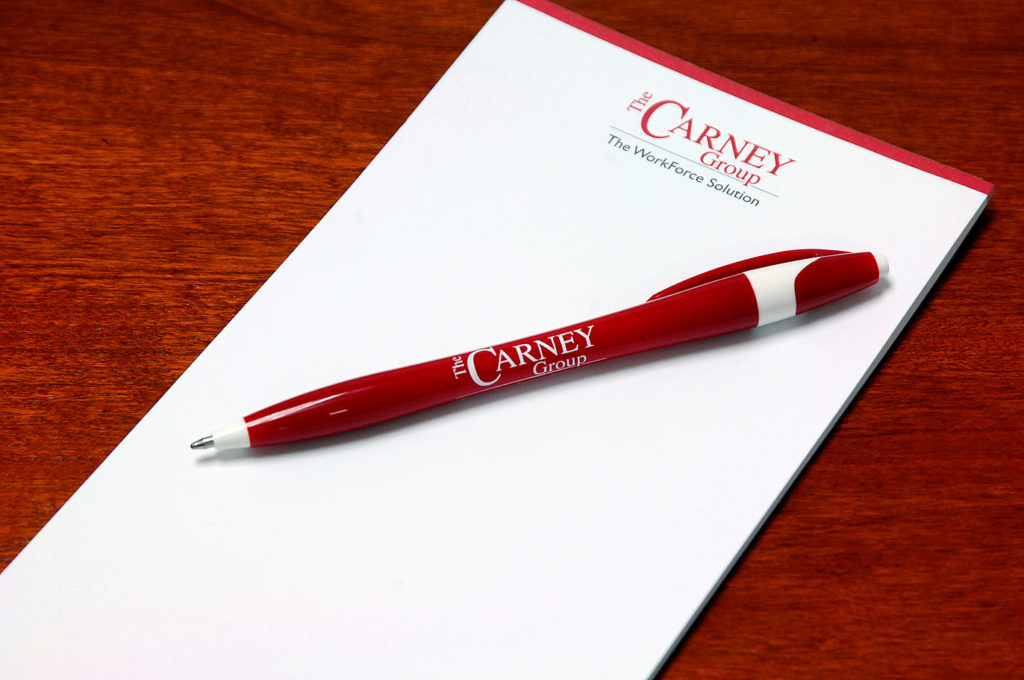The job market has changed these past few years. Unemployment is low which means the job market is tighter than ever for job seekers! Searching for and securing a job can be a long and arduous process. What can you do as a candidate to stand out? The Carney Group is dedicated to providing valuable best practices to assist in your job search. We help all candidates stay marketable in every decade of their lives.
Resume Best Practices
Your resume is your story. It’s your first impression with a client. Your resume is much more than a snapshot of your professional career history. Your job search is a sales and marketing campaign and the best candidates use quality marketing materials to create a winning first impression. Consider the following when evaluating your current resume.
- Your resume is a marketing document. Your resume is seen by a company before you are. Market yourself effectively for the position and make a memorable first impression.
- Include a professional summary that markets you best. Start off your resume selling your skills, accomplishments and what you can do for a potential employer. Use impactful, magnetic verbiage. Talk about your accomplishments. Do you exceed quotas? Have you helped a company save money/make money? Do you have a unique skills set that differentiates yourself from the competition? Do not start with an objective. Remember, an employer may only review the resume for 7 – 10 seconds, so make sure your most marketable skills are in your professional summary.
- Craft the resume to reflect your accomplishments. How did your contributions to the organizations you worked with affect the revenue or the bottom line? If you are in sales, list numbers. If you are in customer service, how many calls/customers a day did you service? If you are in an administrative function, how many people did you support? How much did you help the company run more effectively and efficiently?
- List all technical capabilities. List all software capabilities. Include the Microsoft applications, accounting software, design software, CRM systems, etc. Understanding the systems used at a potential client makes the onboarding process much easier for the hiring manager.
- Share your qualifications. Be sure to include your responsibilities you had with each job on your resume. Elaborate and give yourself credit. You never know what will catch the eye of a potential employer. Be sure to include your educational degrees and certifications.
- Tell your career story. Organize your work experience chronologically. When reading a resume, employers usually put a story together regarding your background. Most of the time, it is easiest to understand a job seeker’s background by reading in chronological order to understand your professional progression.
- Format your resume clearly. Formatting and placement of experience is very important. Enhance readability by using bullet points to describe your responsibilities. Bold the name of the companies that you worked for. Clearly label each section of your resume.
- Ask yourself after reading your resume, “Would I hire this person?” Review your resume from an employer’s perspective. Would you want to meet, interview or hire this candidate?
- How many pages are acceptable? There is no rule on how long a resume should be. If you have experience and qualifications that you are proud of and they make you who you are, include it. Remember, you own your resume.
- Proofread! Proofread! Proofread! Triple check your resume to ensure there are no grammatical or spelling mistakes.
